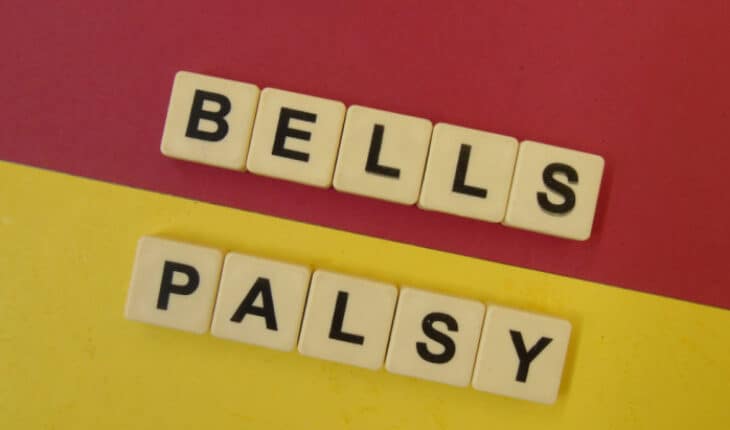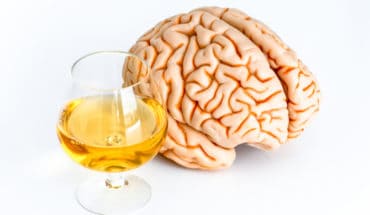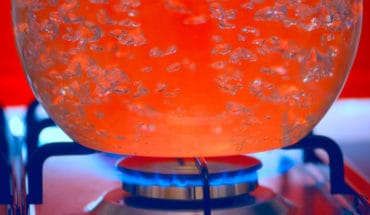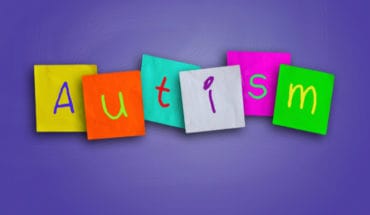Children with Bell’s palsy, that causes temporary facial paralysis can recover without treatment.
Most children with a condition that causes a temporary weakness or paralysis of the muscles in the face recover without medication within six months, according to a new study.
The research, led by the Murdoch Children’s Research Institute and published in Neurology, found the steroid prednisolone does not significantly impact a child’s recovery from Bell’s palsy.
Murdoch Children’s Professor Franz Babl said while studies had shown steroid use in adults with Bell’s palsy helped improve symptoms by minimising facial nerve swelling and damage within the temporal bone, similar research hadn’t been available for children.
The randomised-controlled trial involved 187 participants, aged six months to 17 years, who presented to emergency departments (EDs) with Bell’s palsy. The study was staged in 11 ED’s in the Paediatric Research in Emergency Departments International Collaborative (PREDICT) research network in Australia and New Zealand. They were recruited within 72 hours after symptom onset and received 10 days of treatment with prednisolone or a placebo (no active drug).
The study found 57 per cent of those who didn’t take any medication recovered facial function at one month, 85 per cent at three months and 93 per cent at six months. For those assigned prednisolone, 49 per cent recovered at one month, 90 per cent at three months and 99 per cent at six months. There were no serious side effects recorded during the trial, and the most common adverse reactions were temporary changes in behaviour and increased appetite.
Bell’s palsy, which causes half of the face to droop, is the third most common condition causing a sudden change in nerve function in children. In most cases, the exact cause of the facial weakness is unknown but may be related to a viral infection.
“The lack of evidence on the use of steroids in children with Bell’s palsy in children has led to variable practice in their treatment,” Professor Babl said. Discovering that early treatment with prednisolone doesn’t hasten recovery will help GPs, emergency physicians and paediatricians in their discussion with affected families and make better informed decisions.”
Publication: Franz E Babl, David Herd, Meredith Borland, Amit Kochar, Ben Lawton, Jason Hort, Adam West, Shane George, Michael Zhang, Karthik Velusamy, Frank Sullivan, Ed Oakley, Andrew Davidson, Sandy M Hopper, John A Cheek, Robert Berkowitz, Stephen Hearps, Catherine L Wilson, Amanda Williams, Hannah Elborough, Donna Legge, B Pharm, Mark T Mackay, Katherine J Lee and Stuart R Dalziel on behalf of Paediatric Research in Emergency Departments International Collaborative (PREDICT). ‘Efficacy of Prednisolone for Bell Palsy in Children: A Randomized, Double-Blind, Placebo-Controlled, Multicenter Trial,’ Neurology.
DOI: 10.1212/WNL.0000000000201164
*The content of this communication is the sole responsibility of MCRI and does not reflect the views of the NHMRC.
Source: MCRI
- New lipid-based pathway discovered as key to memory formation - 25th June 2025
- Crucial link could explain how Alzheimer’s takes hold - 25th June 2025
- Understanding Your Mind Can Improve Daily Life - 25th June 2025







